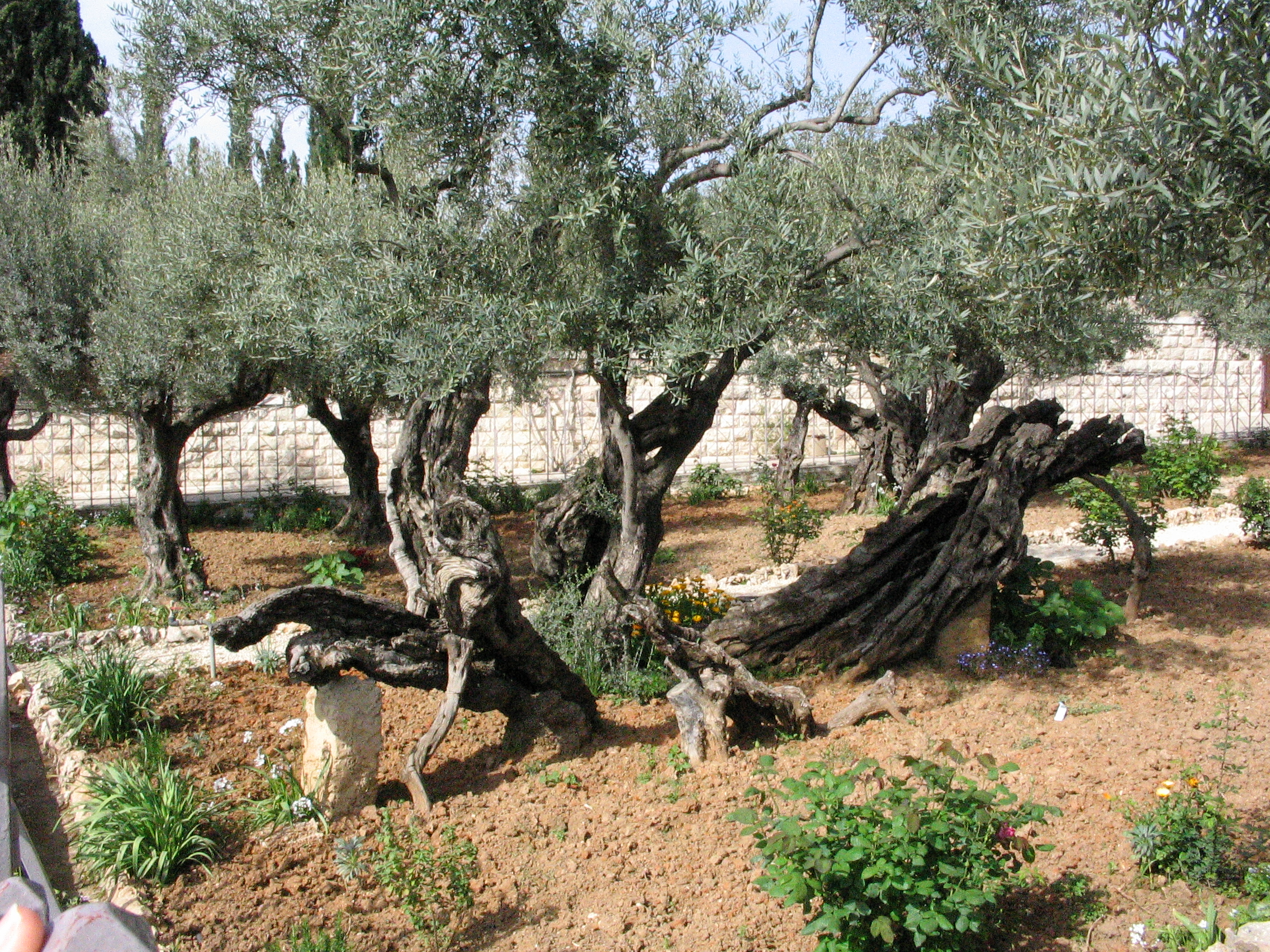The above image, courtesy of Gary Asperschlager, shows olive trees growing near the Church of All Nations on the Mount of Olives. Revised: 19-Apr-13How did a Jew in Jesus’ time announce that he was the Messiah? One accomplished this by applying to himself words or phrases from Scripture that were interpreted by members of his community to be references to the coming Messiah. Being interpretations rather than direct references, such messianic allusions are extremely subtle, and easily missed by modern readers of ancient Jewish literature. Claimants certainly did not reveal themselves by simply declaring, “I am the Messiah,”Even today a Jew who believes he is the Messiah never says, “I am the Messiah,” but rather, a messianic pretender refers to himself using words or phrases from scripture texts that have been interpreted messianically.
“Showing Proper Humility” complex

If so, then the author of Luke simply regarded Jesus’ warning as an enigmatic saying for which he provided no interpretation…. — wp:paragraph –>
Robert Lindsey’s approach to the Synoptic Problem opens up new avenues for understanding Jesus’ enigmatic warning.
Private: Sensational New Articles at JerusalemPerspective.com!
The first, for example, “Jesus and the Enigmatic ‘Green Tree,'” is a study of Jesus’ saying, “For if they do these things in a green tree, what shall be done in the dry?”
Hebrew Nuggets, Lesson 24: Messiah (Part 2)
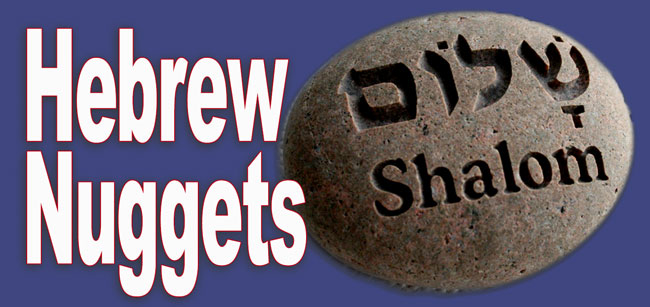
Jesus also referred to himself using the messianic title “Green Tree” (Luke 23:31), a reference to Ezek. 20:47 (see David Bivin, “Jesus and the Enigmatic ‘Green Tree'”).
The Sabbath Was Made for Man
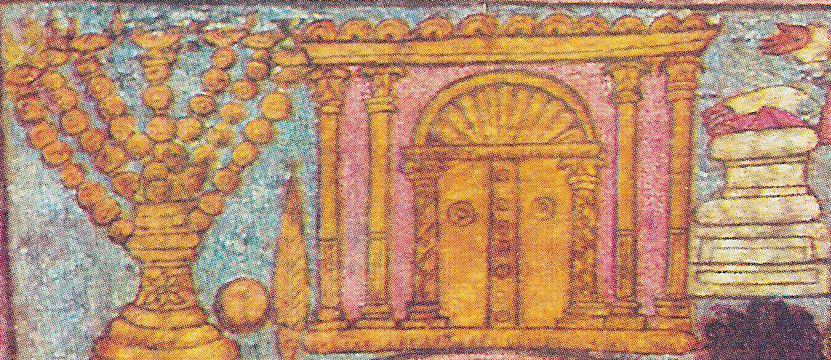
Instead, the enigmatic title—son of man—on this occasion possesses the simple Hebraic sense, “human being,” and refers to his disciples as representatives of humanity.
If Your Eye Be Single

— wp:paragraph –>
The sense given to the enigmatic phrase by scholars to read “good eye” corresponds with the phrase in the following verse, “If your eye evil” (i.e., greedy).
Matthew 2:1-23: A Nazorean Shall Be Called
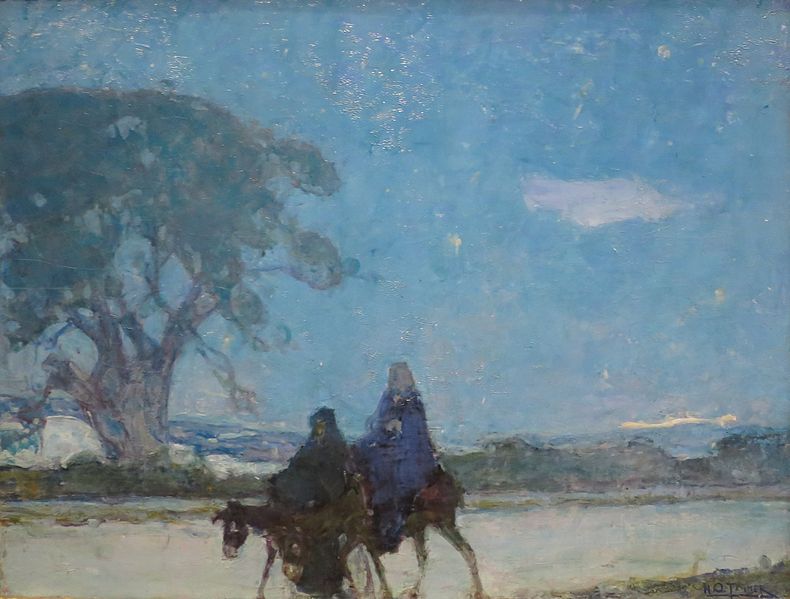
— wp:paragraph –>
Most modern readers assume that the enigmatic epithet is somehow related to the name of the Galilean village because of the similarities in their spelling, i.e.
The “How Much More” Rabbinic Principle of Interpretation in the Teaching of Jesus
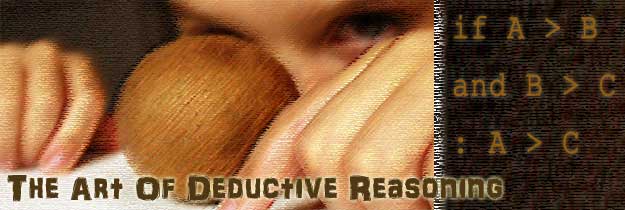
Revised: 25-Sept-12
Throughout the history of Judaism, the Torah has been investigated and analyzed by means of various rules of interpretation. These hermeneutic (interpretative) principles are statements of deductive reasoning.
The sage Hillel, a contemporary of Herod the Great, compiled a list of seven such rules. We will focus upon the first in the list, קַל וָחֹמֶר (qal vāḥomer; “simple and complex,” “kal vahomer”). This is a logical deduction that can be drawn from a simple truth about a less obvious situation, or from something known about something unknown.
Cataloging the Gospels’ Hebraisms: Part Three (Impersonal “They”)

An example I discussed in my “Jesus and the Enigmatic ‘Green Tree'” is: “Ιf in the green tree these things they do….”
Insulting God’s High Priest
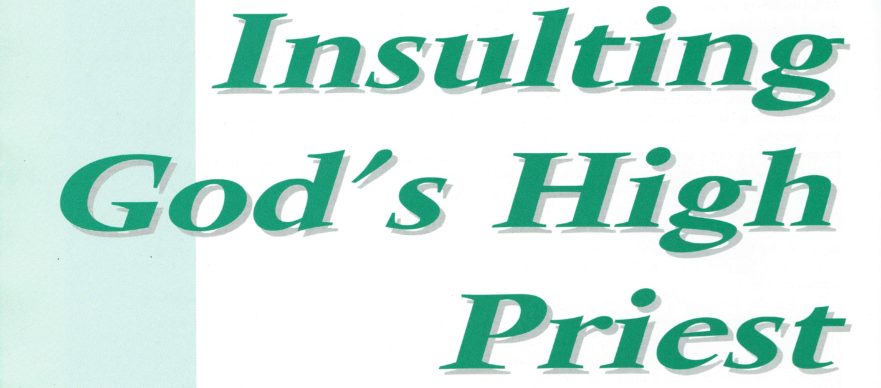
Nevertheless, this is exactly the course we will pursue in finding the most cogent explanation for Paul’s enigmatic words.
Cataloging the Gospels’ Hebraisms: Part Five (Parallelism)

See Bivin, “Jesus and the Enigmatic ‘Green Tree.'”
Jesus and the Essenes
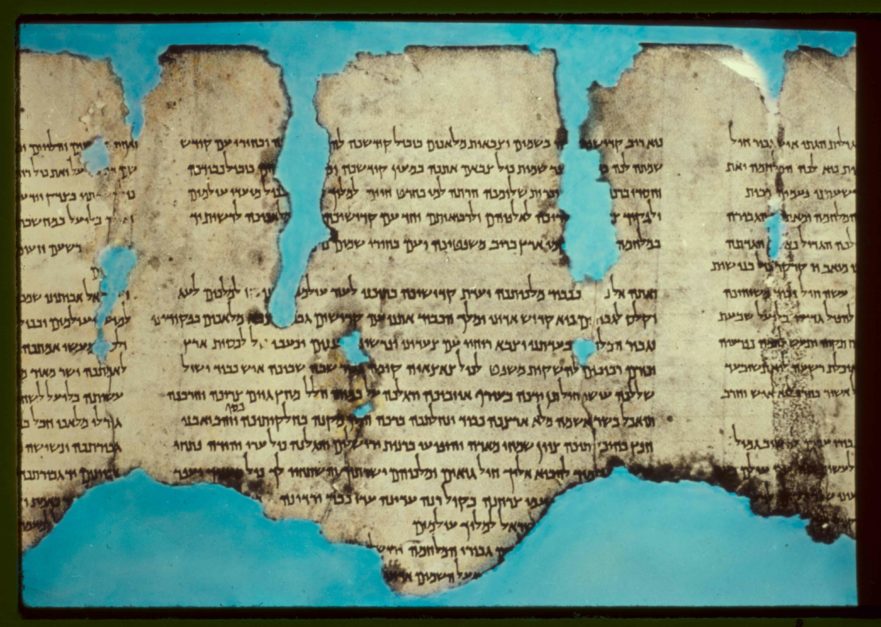
There is a vast difference between the approach of the Essenes toward unbelievers, and that of Jesus and his disciples. The Essenes practiced extreme separatism, particularly forbidding economic relations with outsiders.
How Long Was Jesus in the Tomb?
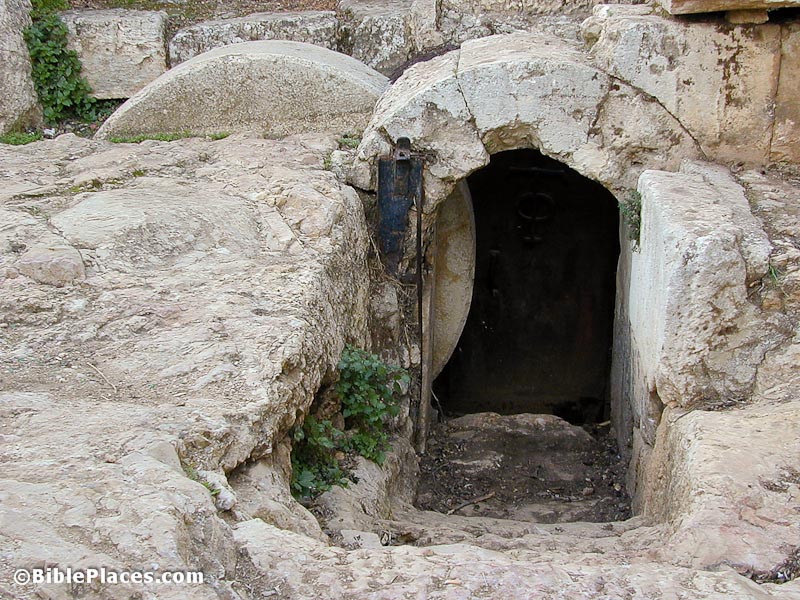
The enigmatic “in the lightening to one of sabbath” derives from the beautiful Hebrew idiom, אור לאחד בשבת (or le’eḥad bashabāt, “light to one of the week”).
The Hebrew Life of Jesus
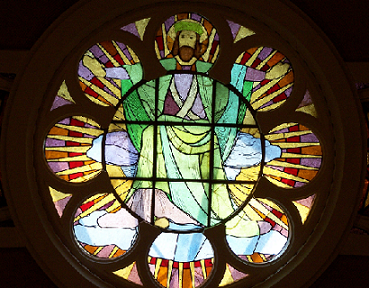
With respect to the enigmatic title, “son of man,” four points should be made:
- The expression ὁ υἱὸς τοῦ ἀνθρώπου (ho huios tou anthrōpou, “the son of the man”) was annoying to Greek ears, for we never find this title outside the Gospels and Acts.
From Ezekiel 17:24 and 21:3 to Luke 23:31: A Survey of the Connecting Jewish Tradition
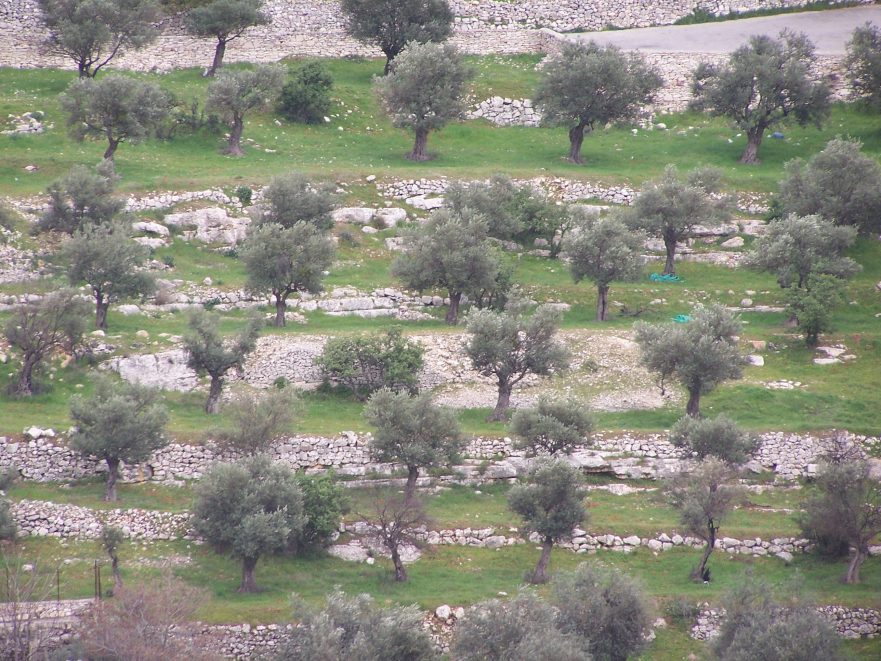
Introduction
Material from Ezekiel 17:24, and more often 21:3 (20:47 in the English Bible) has often been cited as the source of Jesus’ saying in Luke 23:31, “If they do this when the wood is green, what will happen when it is dry?” Other commentators have questioned this assumption. If the material was borrowed from Ezekiel, however, was it borrowed directly or was it sifted through hundreds of years of usage, only to find its way into the mouth of Jesus?
When addressing these questions, it becomes immediately apparent that despite the numerous interpretations offered, there has been no attempt to gather all the pertinent sources together. Nor has there been any attempt to offer anything resembling a comprehensive analysis of all the relevant material.
Jesus’ Place in First-century Judaism and His Influence on Christian Doctrine

How to cite this article: David Flusser, “Jesus’ Place in First-century Judaism and His Influence on Christian Doctrine” Jerusalem Perspective (2014) .
Jesus’ Yoke and Burden
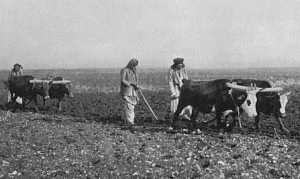
Although extraordinarily beautiful, Jesus’ saying recorded in Matthew 11:28-30 is enigmatic.
- Page 1 of 2
- 1
- 2

